Books Like The Song of Achilles
For readers captivated by the lyrical prose, poignant themes of love, destiny, and the gods' inexorable influence in 'The Song of Achilles,' this collection offers deeply resonant tales that weave mythology with mortal yearnings. Dive into richly textured narratives where ancient legends come alive through human struggles and triumphs, blending historical intimacy and epic scope. Each story echoes with timeless passion and the enduring spirit of companionship, inviting you to explore the labyrinth of myth through fresh perspectives.
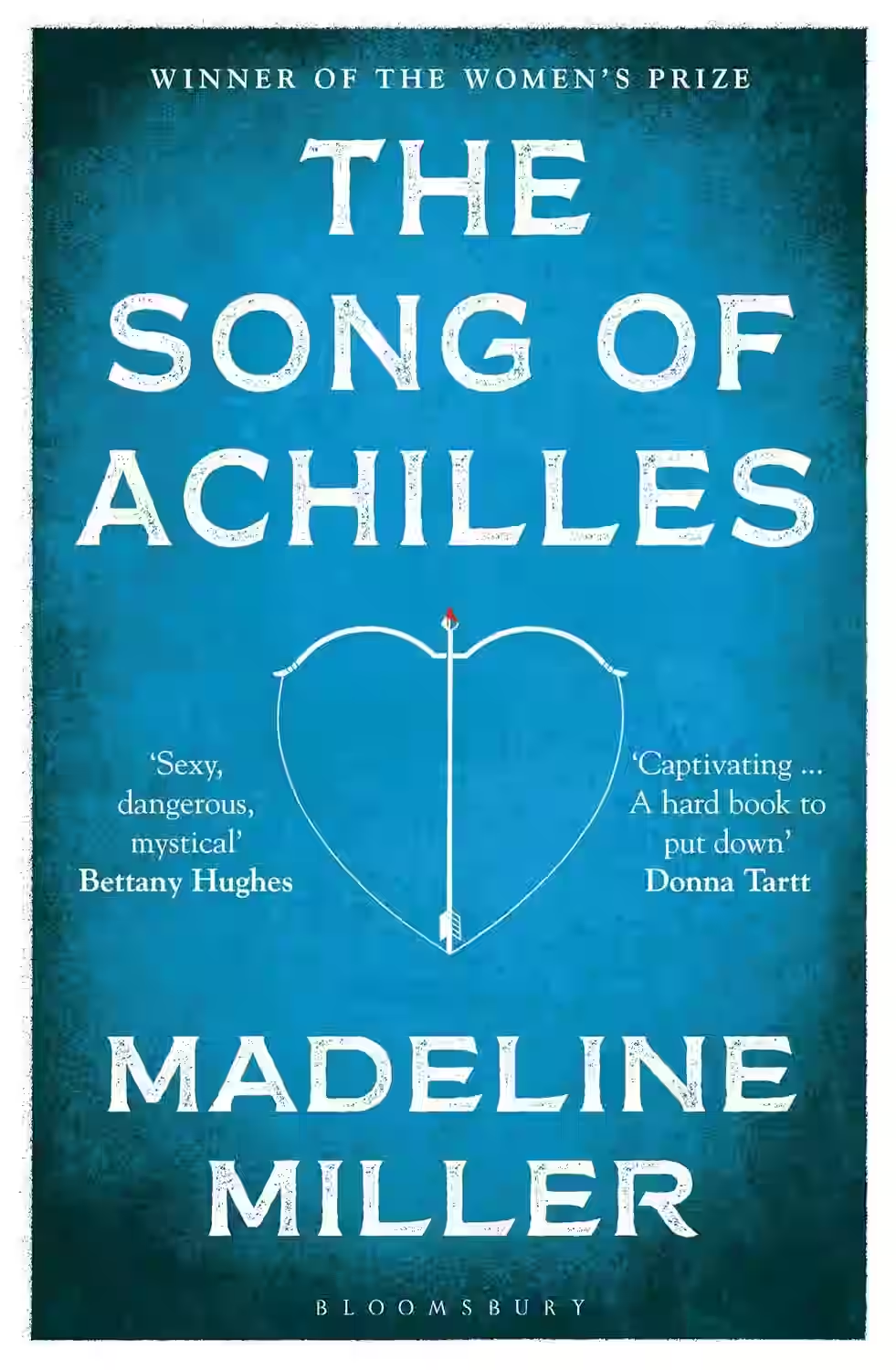
In this lyrical retelling of Greek mythology, the awkward young prince Patroclus falls in love with the legendary warrior Achilles. As they grow from boys to men, their bond is tested by fate, war, and the gods themselves. Set against the backdrop of the Trojan War, the novel explores themes of love, honor, and the cost of greatness.
Similar Books You Might Enjoy
If you enjoyed The Song of Achilles, you might also like these books.
Discover your next great read from our curated selection of similar books.
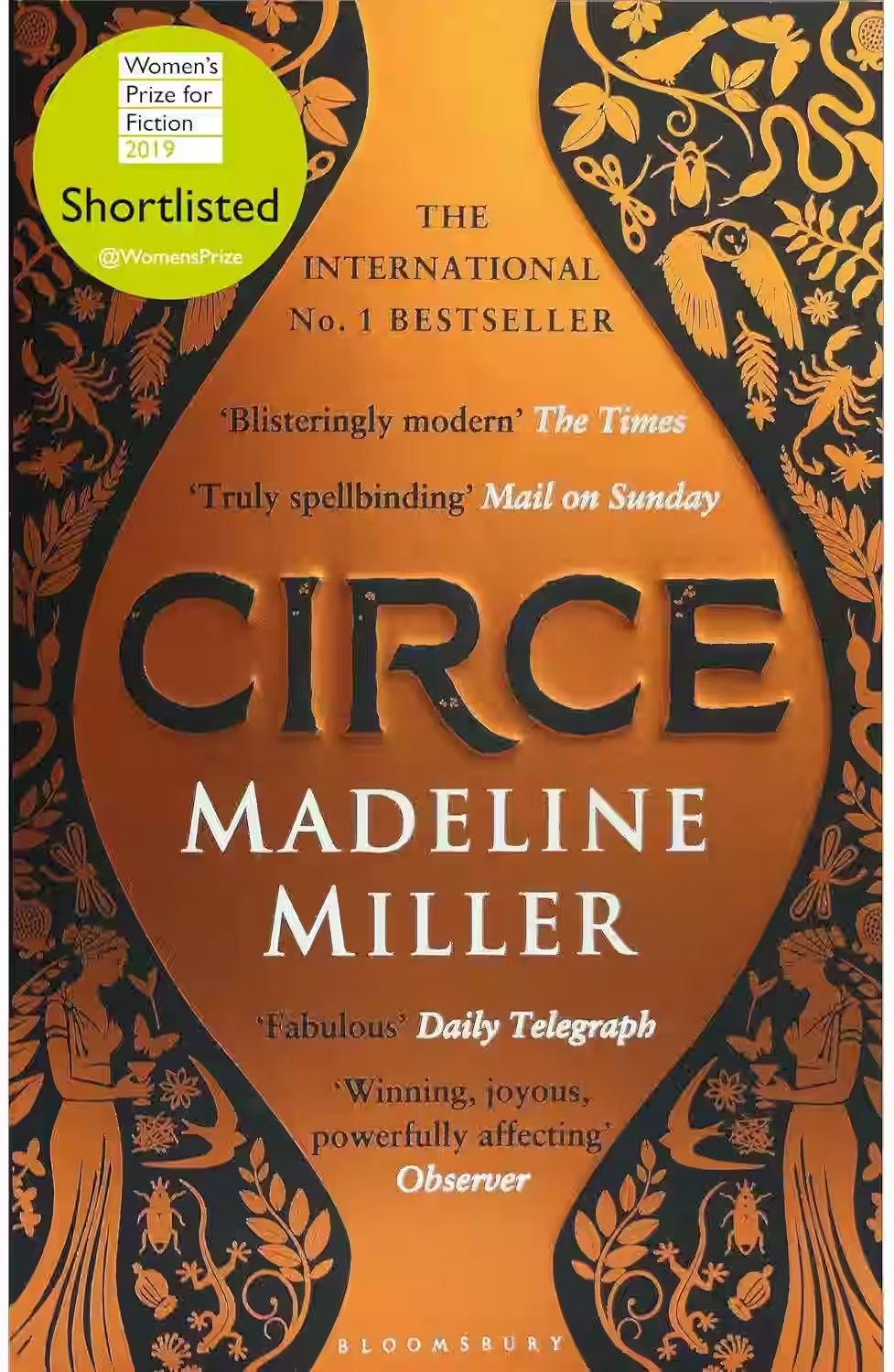
In the house of Helios, god of the sun and mightiest of the Titans, a daughter is born. Circe is a strange child not powerful and terrible, like her father, nor gorgeous and mercenary like her mother. Scorned and rejected, Circe grows up in the shadows, at home in neither the world of gods or mortals. But Circe has a dark power of her own- witchcraft. When her gift threatens the gods, she is banished to the island of Aiaia where she hones her occult craft, casting spells, gathering strange herbs and taming wild beasts. Yet a woman who stands alone will never be left in peace for long and among her island's guests is an unexpected visitor- the mortal Odysseus, for whom Circe will risk everything. So Circe sets forth her tale, a vivid, mesmerizing epic of family rivalry, love and loss the defiant, inextinguishable song of woman burning hot and bright through the darkness of a man's world.
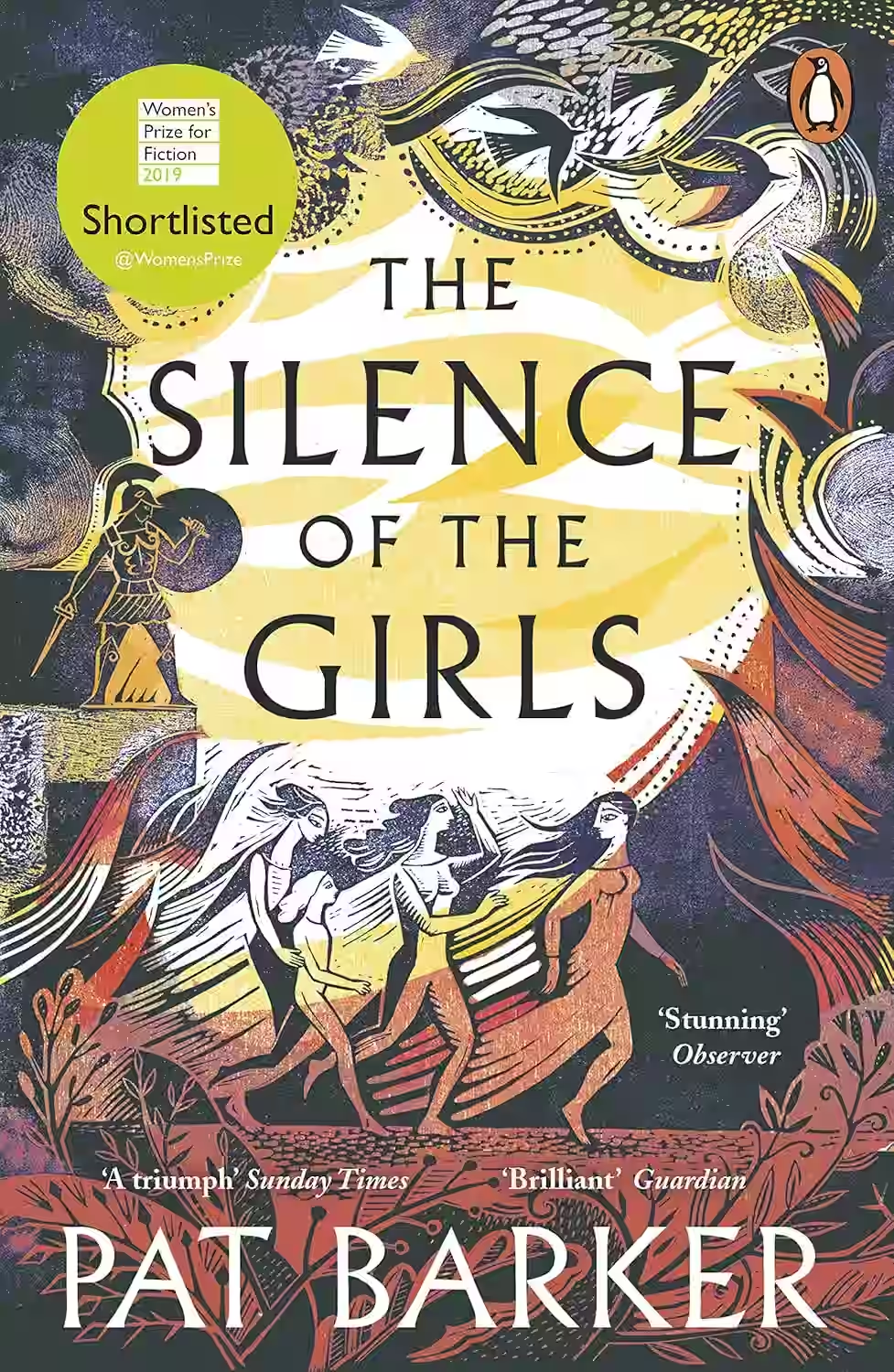
In 'The Silence of the Girls,' Pat Barker revisits the epic tale of the Trojan War from a revolutionary perspective, shining a spotlight on the silenced voices of women. The narrative follows Briseis, a queen turned slave, as she navigates her new reality as Achilles’ war prize. Barker masterfully weaves themes of power, trauma, and resilience, bringing an achingly human touch to a tale traditionally dominated by male-centric heroism. Her prose is both lyrical and harrowing, painting vivid imagery of brutality and survival. The novel challenges readers to reconsider celebrated legends by exploring the cost of war through the eyes of its often-overlooked victims, offering a poignant commentary on the untold experiences of women in history.
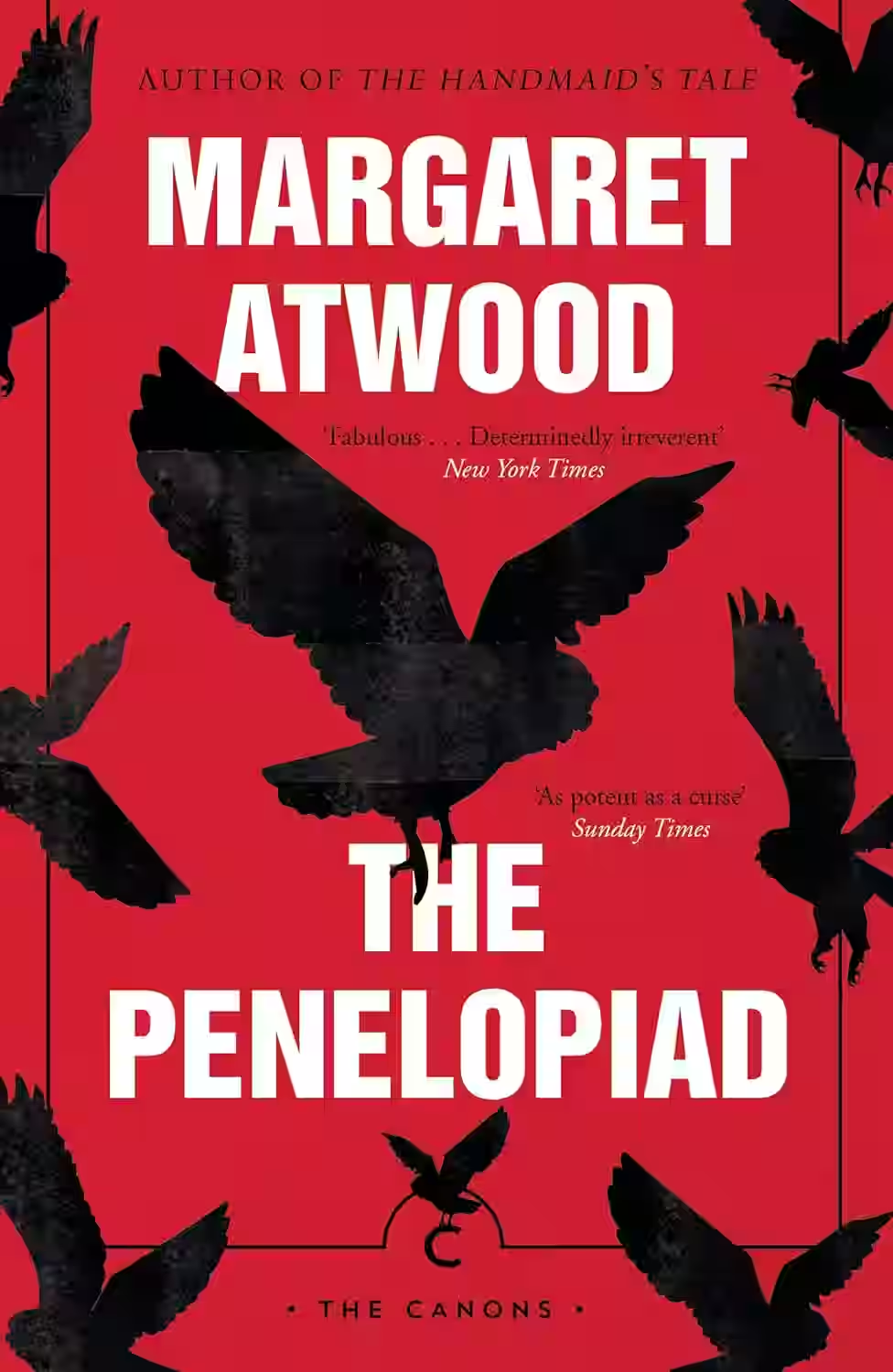
Margaret Atwood's "The Penelopiad" offers a fresh perspective on Homer's legendary narrative by retelling 'The Odyssey' from Penelope's viewpoint. The novella paints a vivid portrayal of Odysseus' wife, Penelope, as she waits for his return while ruling Ithaca and dealing with suitors vying for her hand. Atwood interlaces Penelope’s narrative with a chorus of her twelve maids, offering a critique of historical injustice and the silencing of female voices. Through wit and poetic prose, Atwood explores themes of power, loyalty, and the complexities of female identity. This narrative reimagining sheds light on ancient myth, gifting readers with a story that is both timeless and eerily relevant to contemporary issues of feminism and justice.
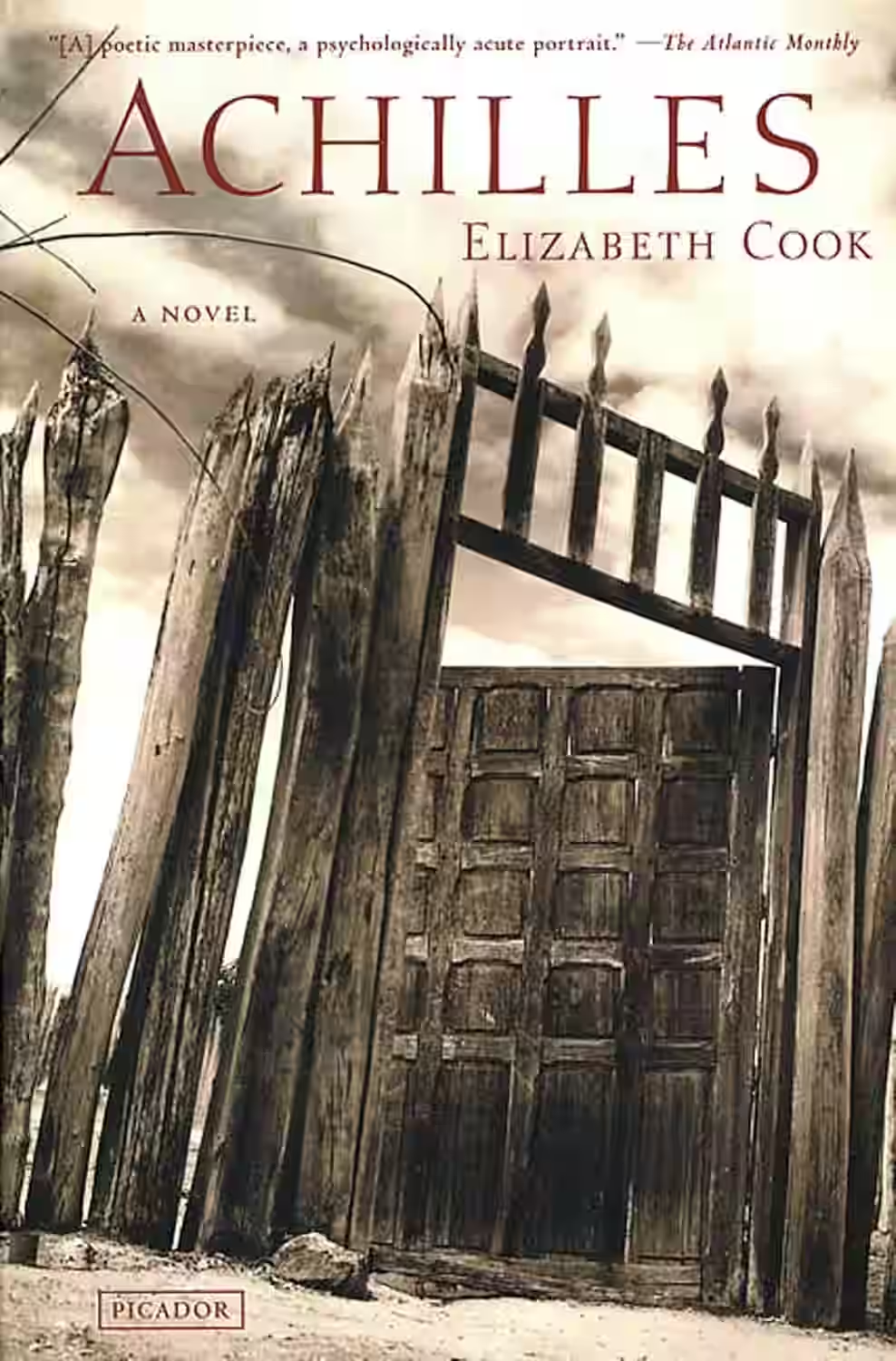
Elizabeth Cook's 'Achilles: A Novel' reimagines the timeless legend of the Greek hero Achilles, blending myth with modern sensibilities to create a hauntingly beautiful narrative. Through lyrical prose, the novel delves deep into themes of love, destiny, and the inescapable pull of fate that surrounds the protagonist. Cook explores Achilles' complex relationships, particularly with Patroclus and Briseis, bringing emotional depth and nuance to these timeless characters. The story elegantly balances tragedy and introspection, providing a fresh perspective on his heroism and vulnerabilites. Cook’s ability to juxtapose the epic with the intimate makes this retelling both moving and thought-provoking.
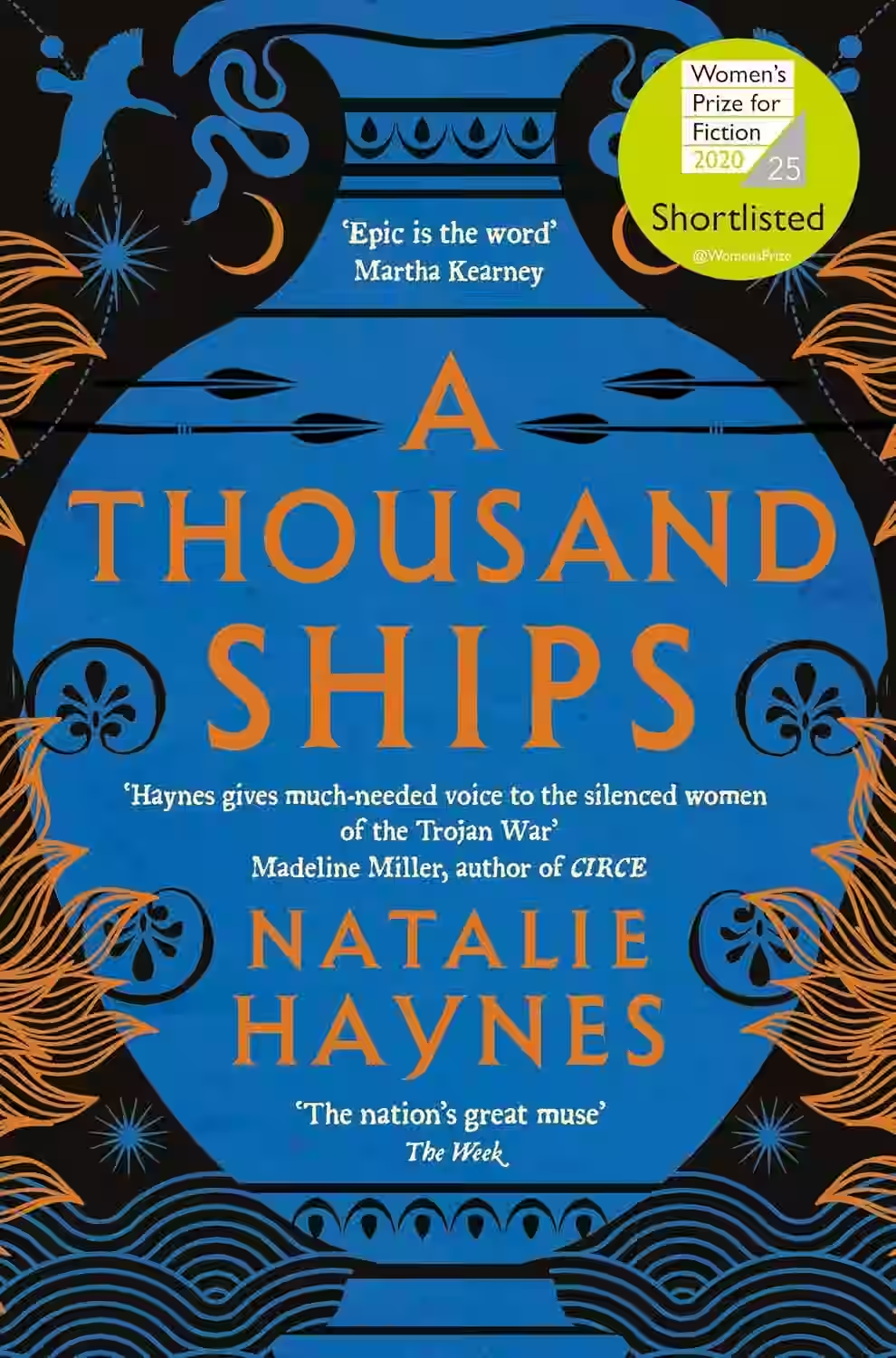
Natalie Haynes' 'A Thousand Ships' is a masterful retelling of the Trojan War, as narrated from the overlooked perspectives of women. Embedding the stories of queens, warriors, and survivors, Haynes gives voice to characters such as Hecuba, Cassandra, and Penelope, shedding light on their trials and triumphs. The novel skillfully weaves various mythological strands, delivering a poignant exploration of grief, resilience, and the enduring power of storytelling. Haynes' sharp, empathetic prose reinvigorates ancient myths, illustrating the timelessness of their themes. 'A Thousand Ships' is both an evocative homage to the epic tradition and a powerful feminist reimagining, offering a resonant message about who gets to be heard in history.
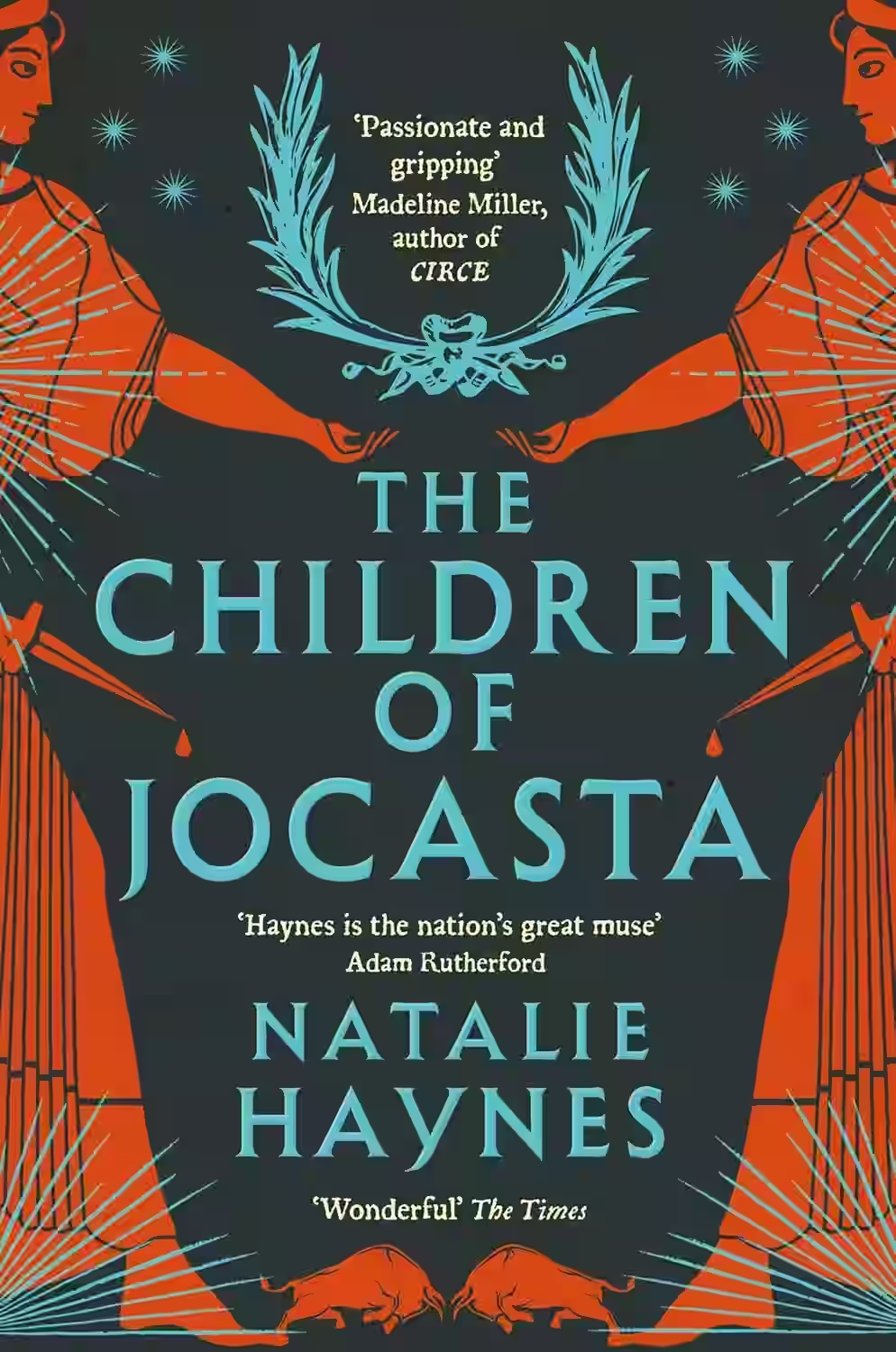
In 'The Children of Jocasta', Natalie Haynes masterfully reimagines the classic tales of Oedipus and Antigone from a fresh perspective—a lens that brings women’s voices, often muted in Ancient Greek mythologies, to the forefront. This novel weaves the parallel stories of Jocasta and her daughter Ismene, offering a nuanced exploration of love, power, and choice amid the backdrop of a cursed lineage. Jocasta’s quiet strength and Ismene’s unyielding resilience breathe new life into familiar tales, while Haynes’s elegant prose enriches the narrative’s emotional depth. Engaging with timeless themes of fate and identity, this reinterpretation compels readers to reexamine the silenced stories within classical works and appreciate their enduring relevance.
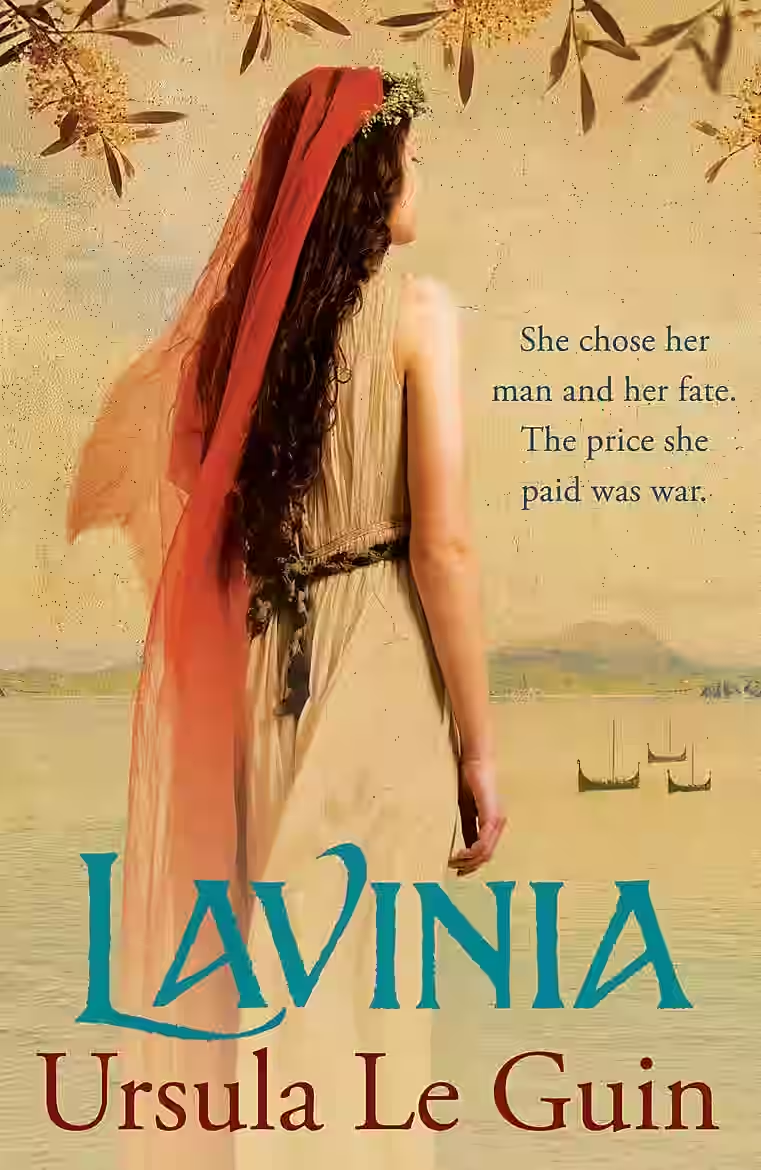
Ursula K. Le Guin's "Lavinia" breathes life into a briefly mentioned character from Virgil's epic, the Aeneid. In this novel, Lavinia, a princess of Latium, finally gets her own story, stepping out of the shadows to narrate in a first-person perspective. The novel beautifully blends historical fiction with mythological elements, offering a fresh narrative that explores themes of fate, autonomy, and the struggles of self-definition. Through Lavinia's eyes, the reader is drawn into the era's political intrigues and personal desires. Le Guin's masterful writing invites reflection on the nature of truth and the legacy of stories untold. Her evocative prose and richly detailed settings envelop the audience in a bygone world that echoes with both personal and epic echoes, making it an essential read for fans of historical and mythological fiction.
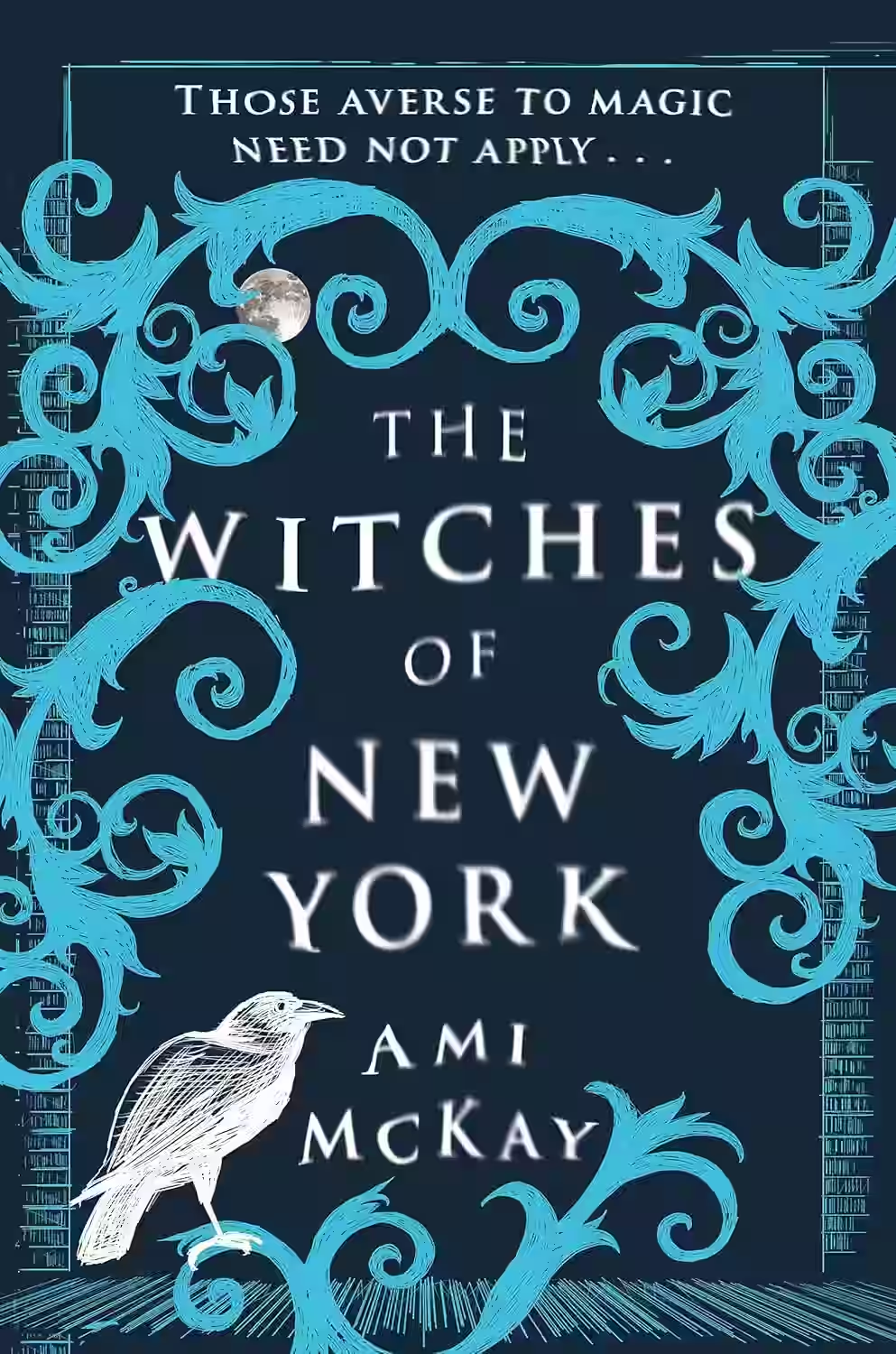
In 'The Witches of New York,' Ami McKay weaves a captivating tapestry of historical fiction that blends elements of fantasy and social commentary. Set in 1880s New York City, the novel immerses readers into the lives of three extraordinary women: Adelaide Thom, Eleanor St. Clair, and the seemingly unremarkable Beatrice Dunn. They operate a tea shop that serves as a sanctuary for women seeking wisdom and healing. When mysterious occurrences and dark threats begin to close in, these three are propelled into a world of danger and intrigue. Rich in atmospheric detail, McKay's narrative confronts themes of female empowerment, otherness, and the societal constraints women face. Amidst the realism of New York's bustling streets, the story balances myth, mystery, and history to craft an enchanting and thought-provoking tale. Readers are drawn into the magical undercurrents of these women's lives, confronting prejudice and embracing the mystical bond of sisterhood. McKay's lyrical prose not only entertains but also incites reflection on the enduring spirit of women who defy the roles prescribed to them.
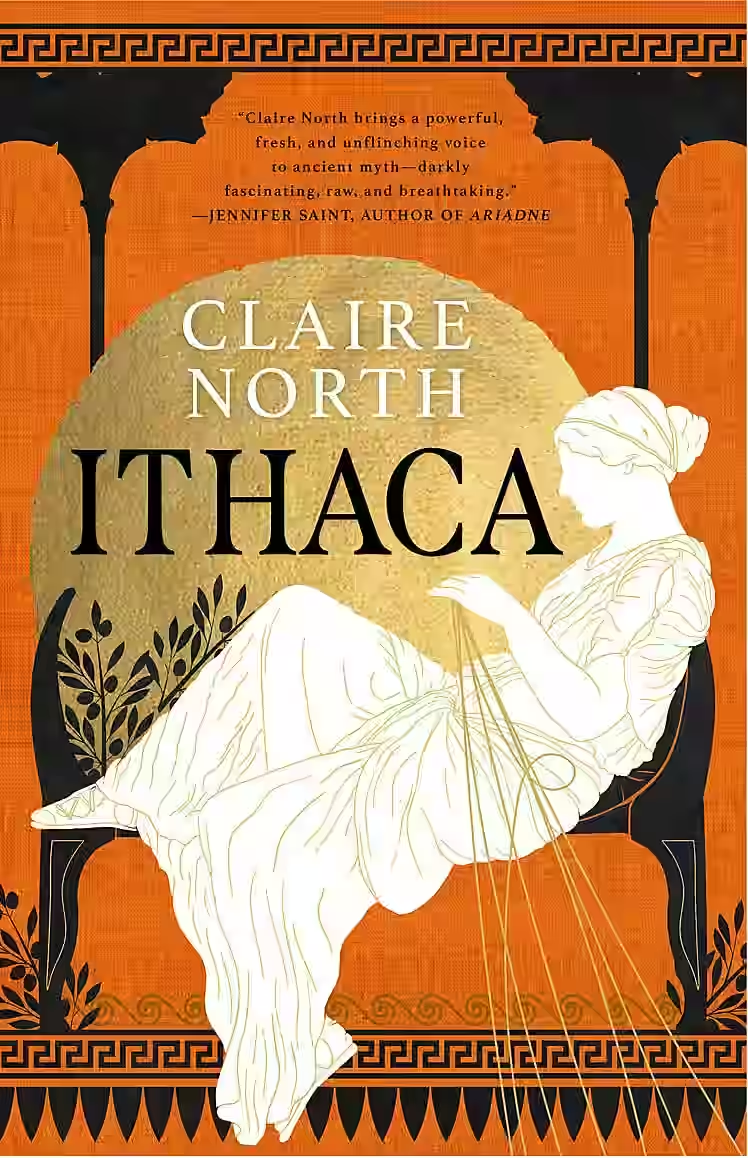
In 'Ithaca,' Claire North masterfully reimagines the legend of Penelope, exploring themes of power, patience, and survival against the backdrop of a fantastical ancient Greece. The narrative offers a fresh perspective on Penelope, a woman often overshadowed by her husband, Odysseus, yet who exudes resilience and astute political acumen while ruling in his prolonged absence. North's lyrical prose and dynamic storytelling paint a vivid picture of a kingdom in waiting, delving into the intricacies of female agency and the silent strength required to maintain authority amidst uncertainty and threat. Through rich characterization and a compelling plot, 'Ithaca' elevates a timeless myth into a poignant meditation on identity and control.
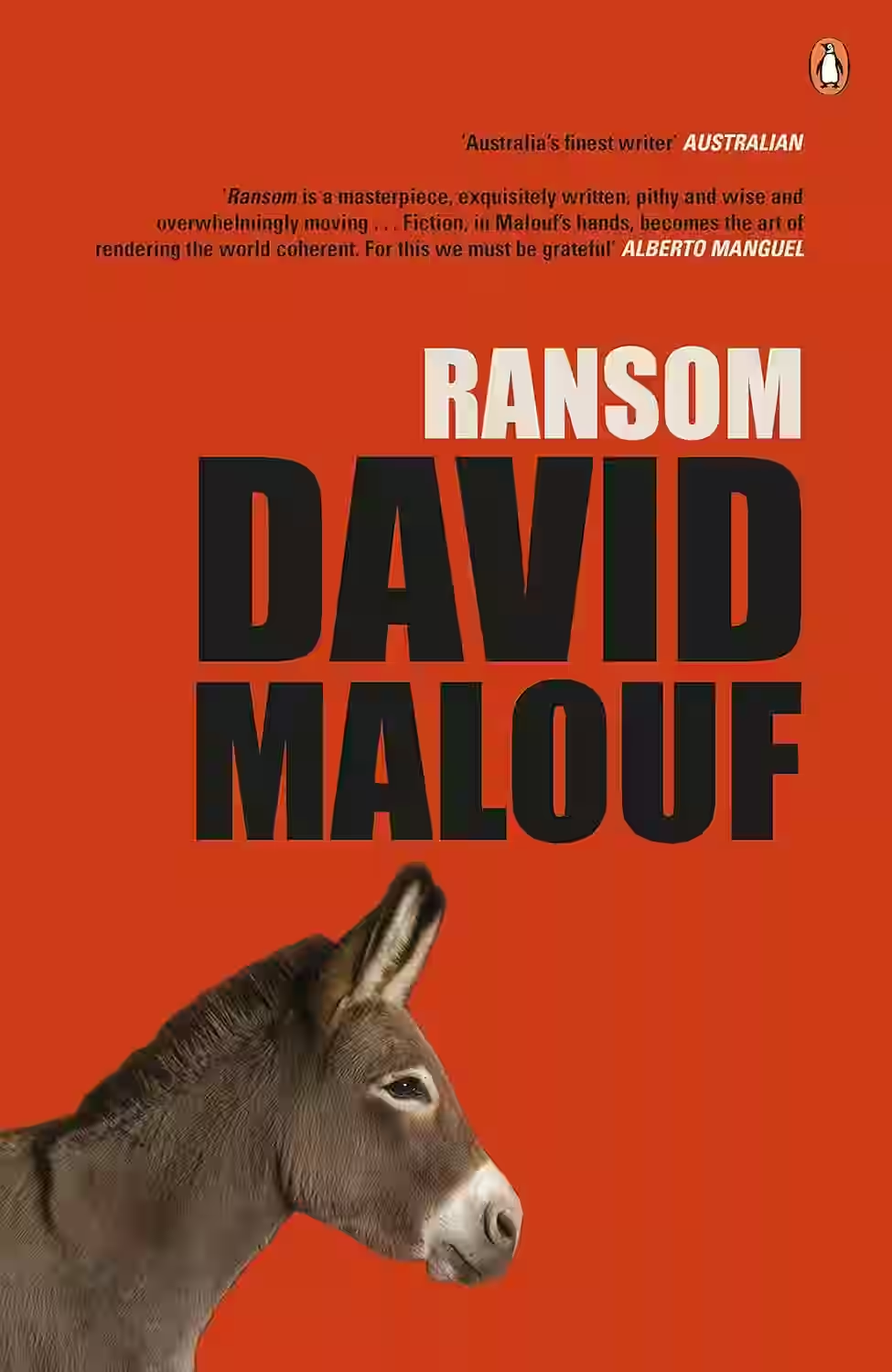
David Malouf's 'Ransom' offers a poignant reimagining of a brief, but pivotal episode in Homer's 'Iliad'. The novel focuses on King Priam of Troy's journey to retrieve the body of his slain son Hector from the Greek warrior Achilles. Malouf explores themes of grief, redemption, and the transformative power of human compassion. The narrative shifts between Priam's introspective reflections and Achilles' struggles with his own wrath and sorrow, delving into the interplay of fate and vulnerability in the face of monumental loss. Malouf's lyrical prose and deep empathy for his characters render this tale not just a retelling, but a profound meditation on the potential for change and understanding even amidst the chaos of war.
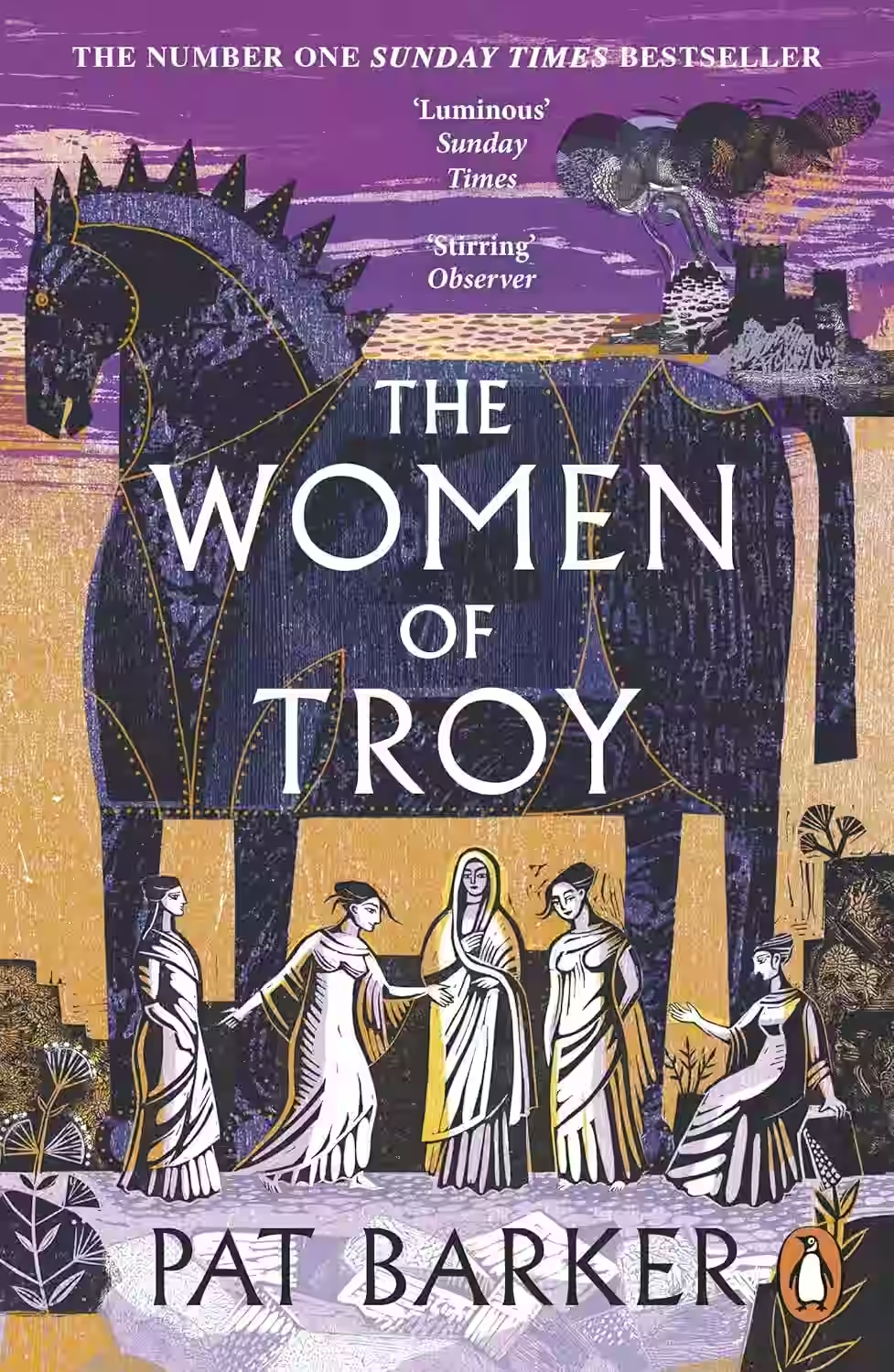
In 'The Women of Troy,' Pat Barker continues her exploration of the classical Greek narratives, picking up where 'The Silence of the Girls' left off. The novel immerses readers into the devastating aftermath of the Trojan War, focusing on the women who endure the grim realities of powerlessness and enslavement. Key figures such as Briseis, once a queen and now a trophy of war, navigate a precarious landscape of loyalty and survival. Barker adeptly weaves a tapestry of grief, resilience, and unity among these women, painting a vivid picture of historical misogyny reframed through a contemporary lens. Her portrayal underscores an enduring struggle against silencing and subjugation, delivering a poignant commentary on the timeless nature of female resilience. With her elegant prose and insightful character development, Barker captures the complex emotions and stark realities faced by women in wartime, making this a compelling read that blends myth with the rawness of human experience.
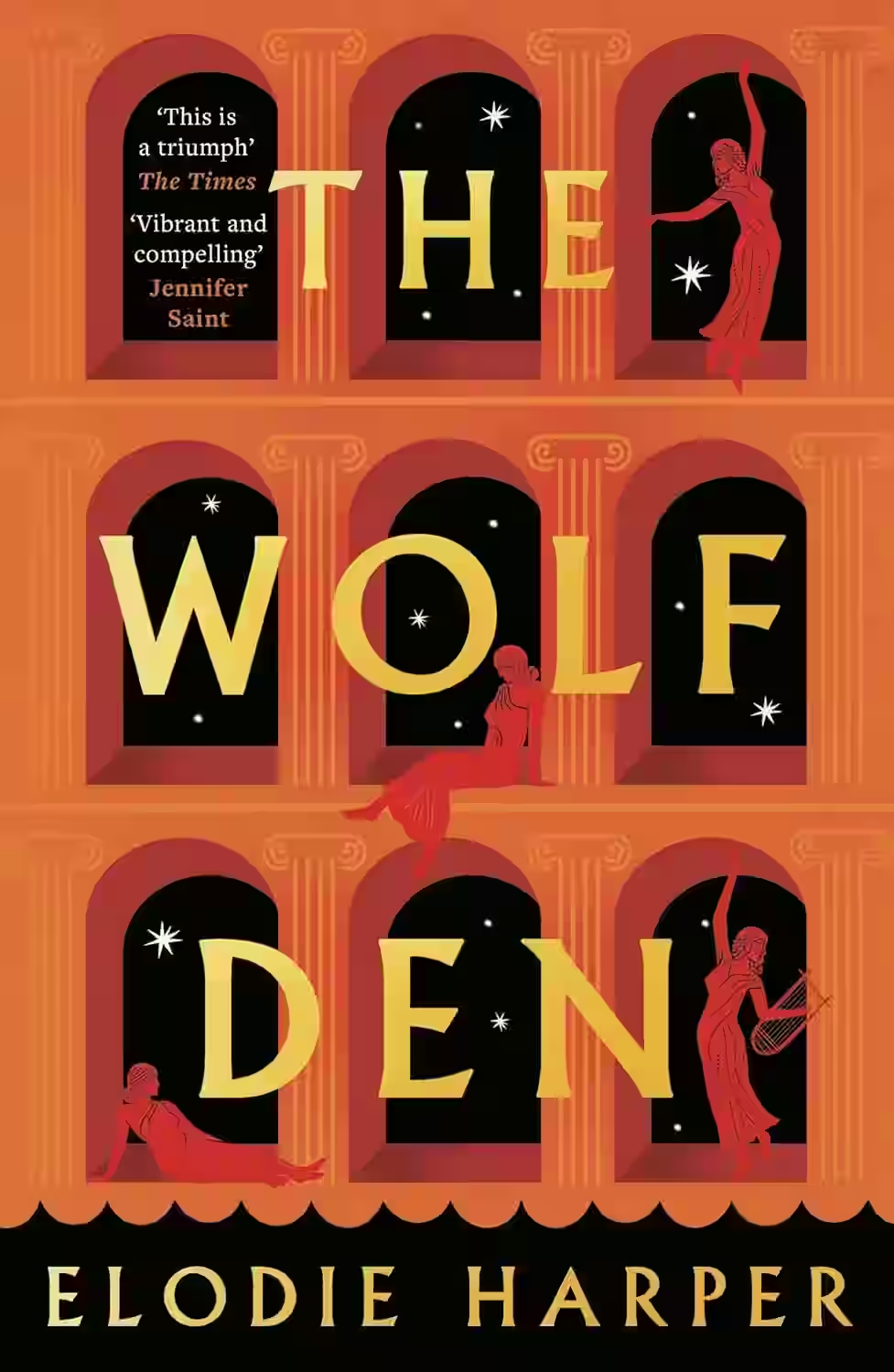
Set in ancient Pompeii, "The Wolf Den" by Elodie Harper immerses readers in the vibrant and perilous world of a brothel and its inhabitants, particularly focusing on Amara, a former doctor's daughter who has been sold into slavery. Through Amara’s eyes, we experience her struggle for survival, autonomy, and friendship in a society that largely commodifies women. Harper’s detailed historical research enriches the narrative, bringing to life the stark realities and occasional triumphs of those trapped by fate. Themes of resilience, companionship, and the quest for self-determination are explored deeply, ensuring readers are both captivated and contemplative about the human condition and societal structures, past and present.